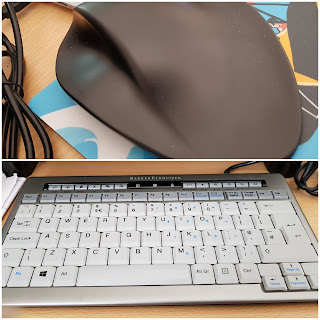Adapting to Change

Not so long ago, I was employed in a full-time role which averaged at 53 hours per week. The measures of success that myself and my peers used were about climbing the management ladder and being 'well paid'. I was content with both these things for a while, however they soon came at a price and this prompted a few realisations. Looking back, there were specific milestones that led to my current way of thinking. I decided to become part-time in my last role, due to high levels of fatigue stemming from a weakened immune system caused by pneumonia and a severe deficiency in Vitamin D. The long hours I spent at work also meant I was missing out on early motherhood, all of which meant change was in order. I sought a role which could offer me flexibility whilst still giving masses of reward. But this time, the reward I sought wasn't purely financial. In fact, I reduced significantly in salary in order to do the job I wanted to do. This allowed me the freedom to look at the ...






